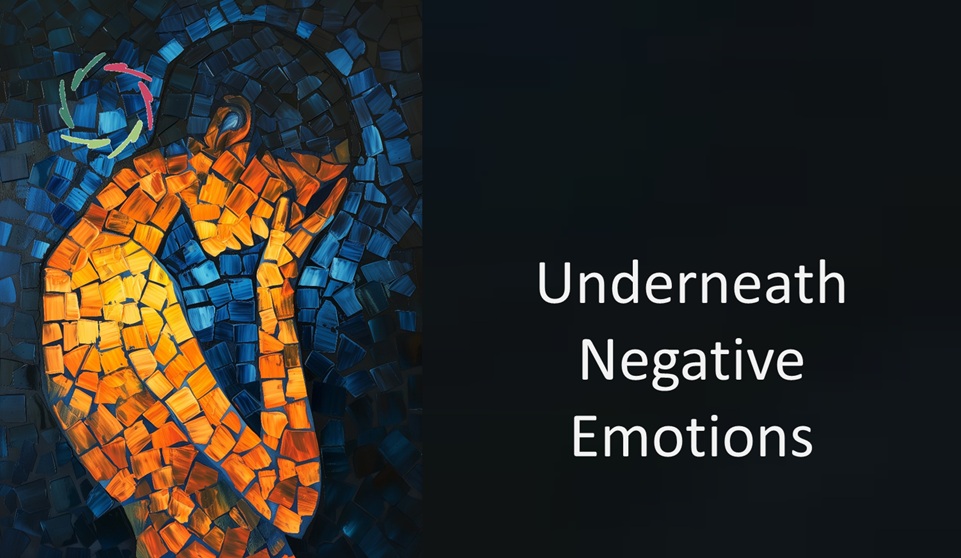Projection – Why We See Mainly Ourselves

The way our brain processes information makes us interesting as well as robust. It also makes us vulnerable to projections and its consequences to health and society.
Human vision
Human vision is not a one-way affair. It’s a two-way affair. In seeing, more information goes from the brain towards the eye than vice versa.
If you look at it this way, you are looking more at yourself than at the outside world.
To the one who is looking, it doesn’t seem so. The usual way to comprehend vision is by analogy to a camera: Information (light in different wavelengths) goes from outside to inside, and that’s it.
But a human being is an organism, not a mechanism, as I keep saying. [see: “You Are an Organism, Not a Mechanism.“] What’s more, evolution has tinkered us into what we are ― not some engineer, but billions of years of mindless trial and error. So, here we are, with all our perfect imperfections.
In vision, you are looking mainly at your projections.
Note that this is not psychology but physiology.
Besides that, it is, of course, also psychology. Body and mind are one whole. In your case: you.
This whole that you are is continuously projecting, not only to your eyes but also within your brain, at every stage of processing, in every mental proceeding. Your brain forms patterns (of many subconceptual elements, neurons, synapses), [see: “Human Brain: Giant Pattern Recognizer“] processing the results to a higher stage and projecting them to lower stages.
You don’t see that, of course.
Logically, if you would see the immense processing in your brain, you wouldn’t be able to see anything else. You would be overwhelmed by yourself. Nature doesn’t want you to look behind your curtain this way. It wants you to be efficient in the survival game.
And nature succeeds in this but at a price. Not only is there a lot that you don’t see, but there is also a lot that you do see and which is not always factual.
In other words, you hallucinate most of the time.
This sounds more severe than it is. Most of the time, you don’t see surreal monsters.
In a mundane way, however, it does affect you profoundly. Go from your eyes closer to your brain now. There, whatever meaningfulness that you assign to anything that you are thinking about, is also infested more or less with what you are projecting to your meaningful screen.
In other words, you see what you want to see, and you don’t know how or why you are doing so. This plays many tricks upon you, as upon many other people. You think you are the surface of a globe, while you are the whole globe.
It’s as evident as it is invisible. [see: “The Basic Cognitive Illusion“]
This is, of course, also what makes us so interesting, so diverse, so unpredictable.
It is also what makes us so robust, not breaking down at the borders of some comfort zone. There is a gentle slope.
But it is also what makes us vulnerable.
In projecting, we tend to take the projected for real. In case of a downright hallucination, others can easily show us so, mostly. In day-to-day delusional business, however, one can go on and on. It doesn’t show straightforwardly.
With some help, people can be made to believe weird stuff.
Also, they can be made not to see the obvious.
In my experience, it’s tough to make people see through all this. It’s tough to let them see their basic cognitive illusion. It’s tough to bring them to common sense between the weird and the obvious.
I have the impression that this becomes more and more challenging in a complex world.
In corona-times, for instance, we would better see through this. At least, we could start investigating the huge role our mind plays in the disease progression.
But we don’t. [see: “COVID: Why Hiding the Mind?“]


